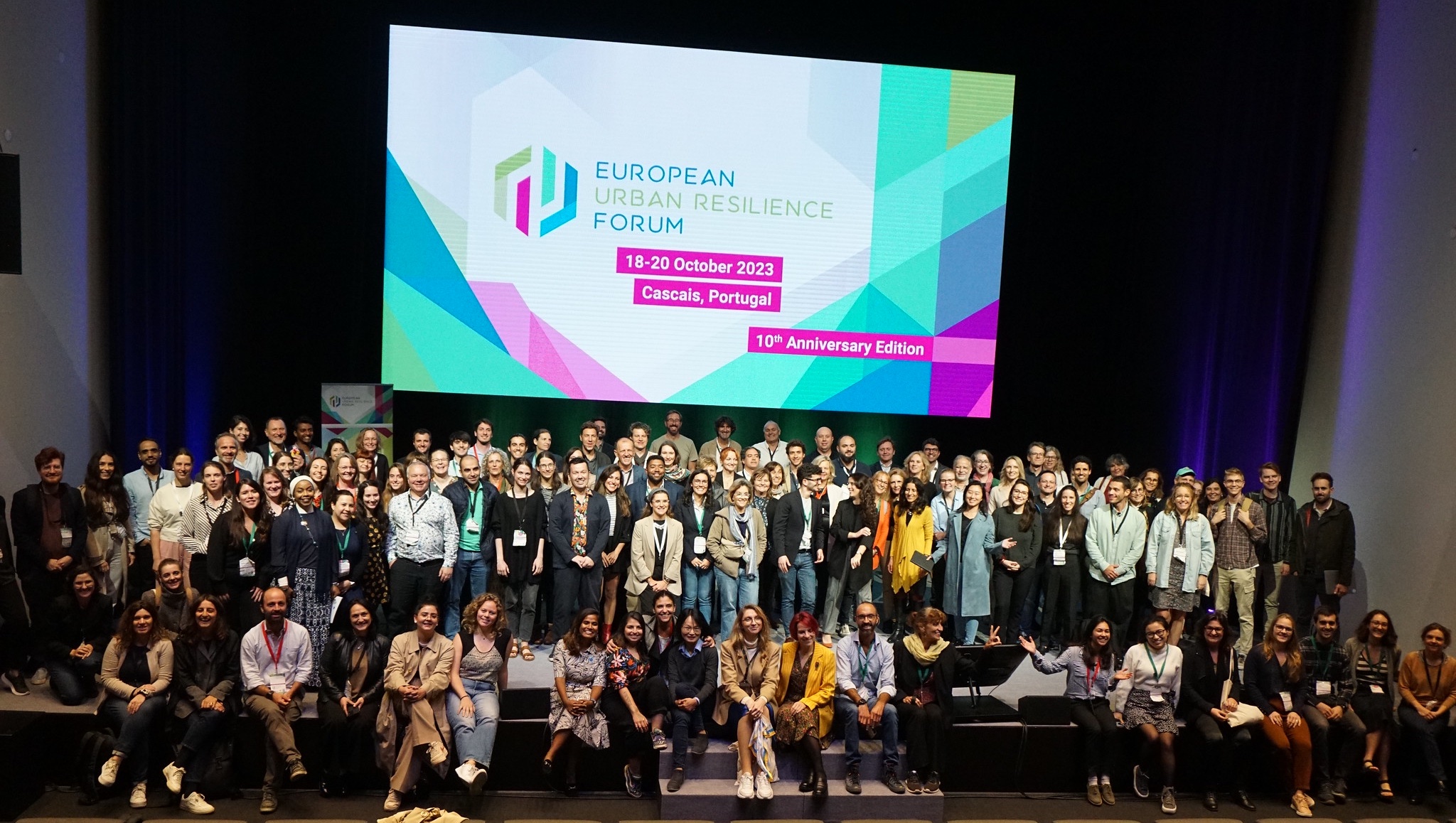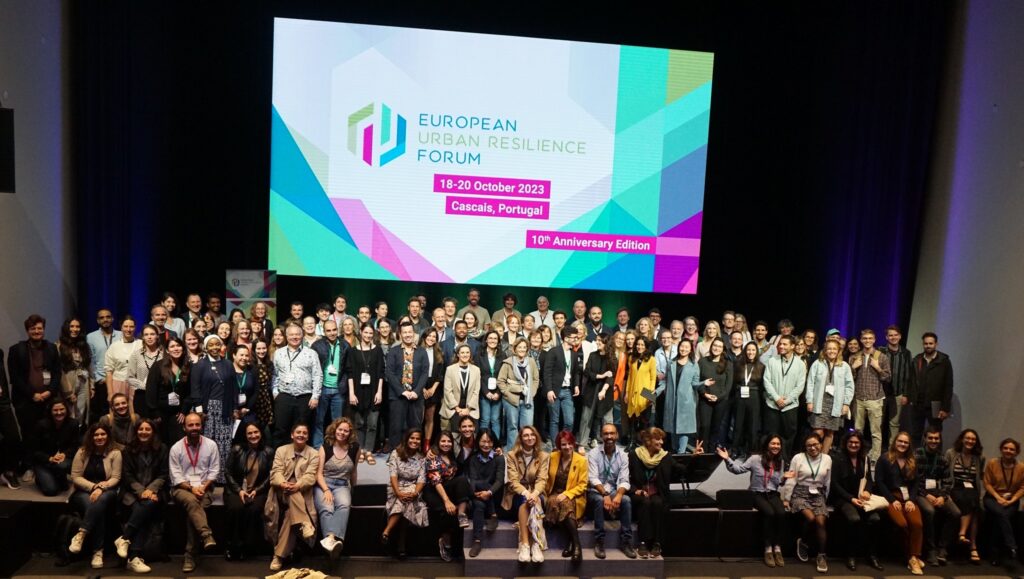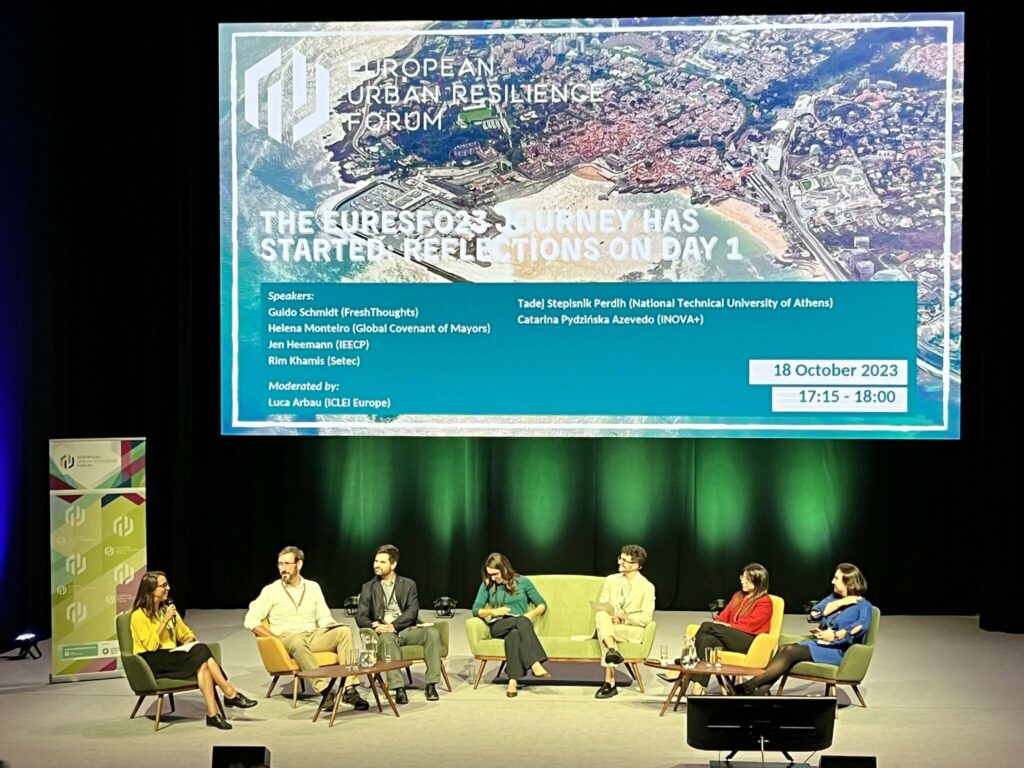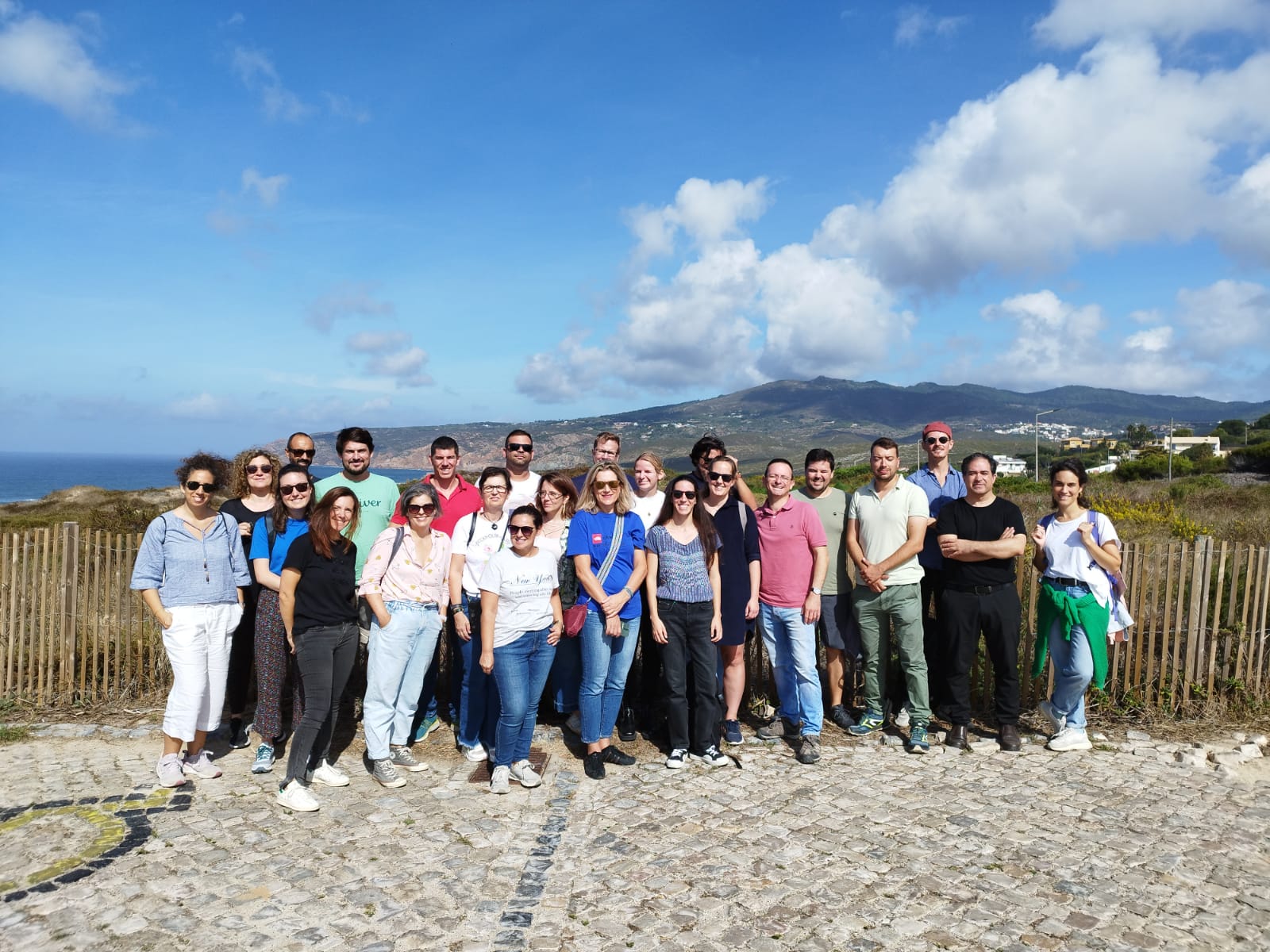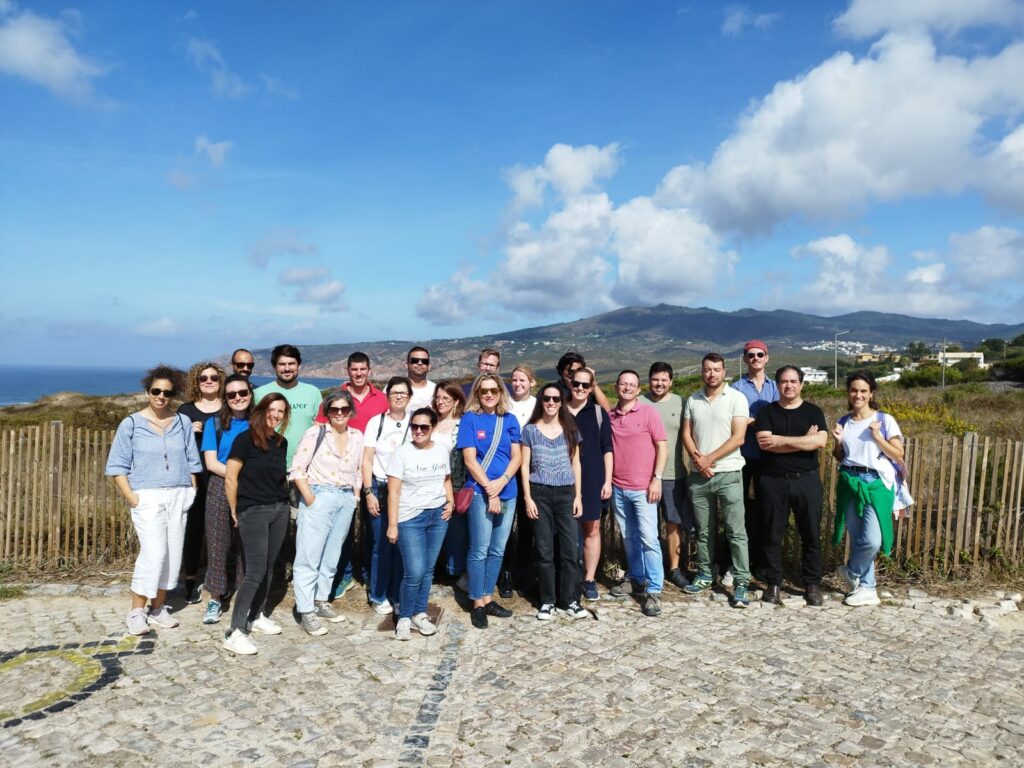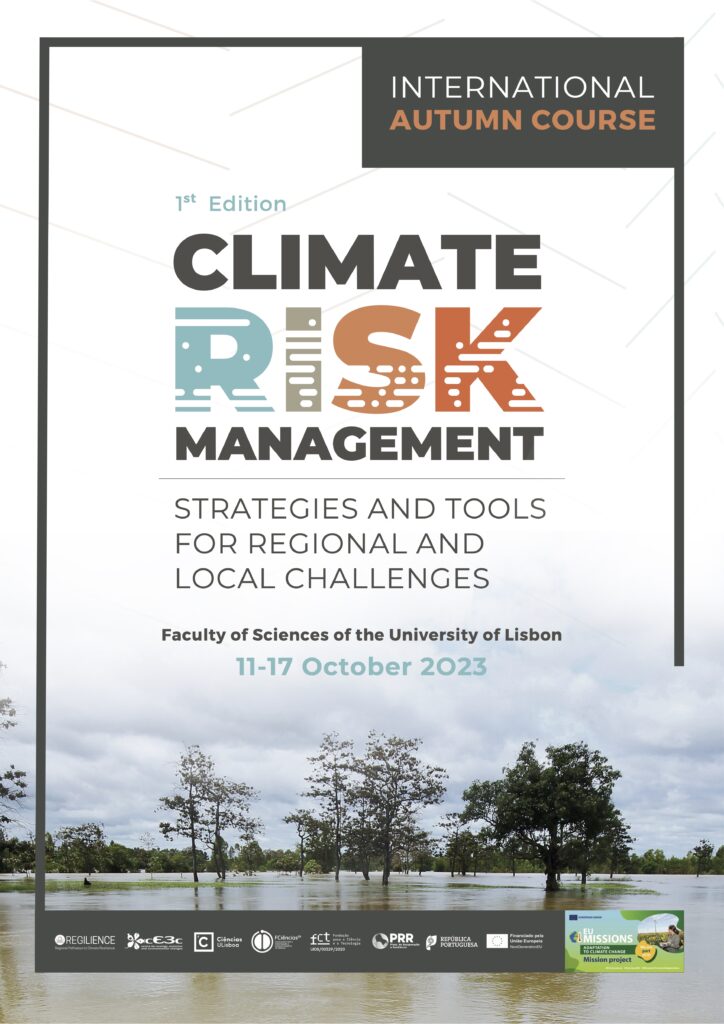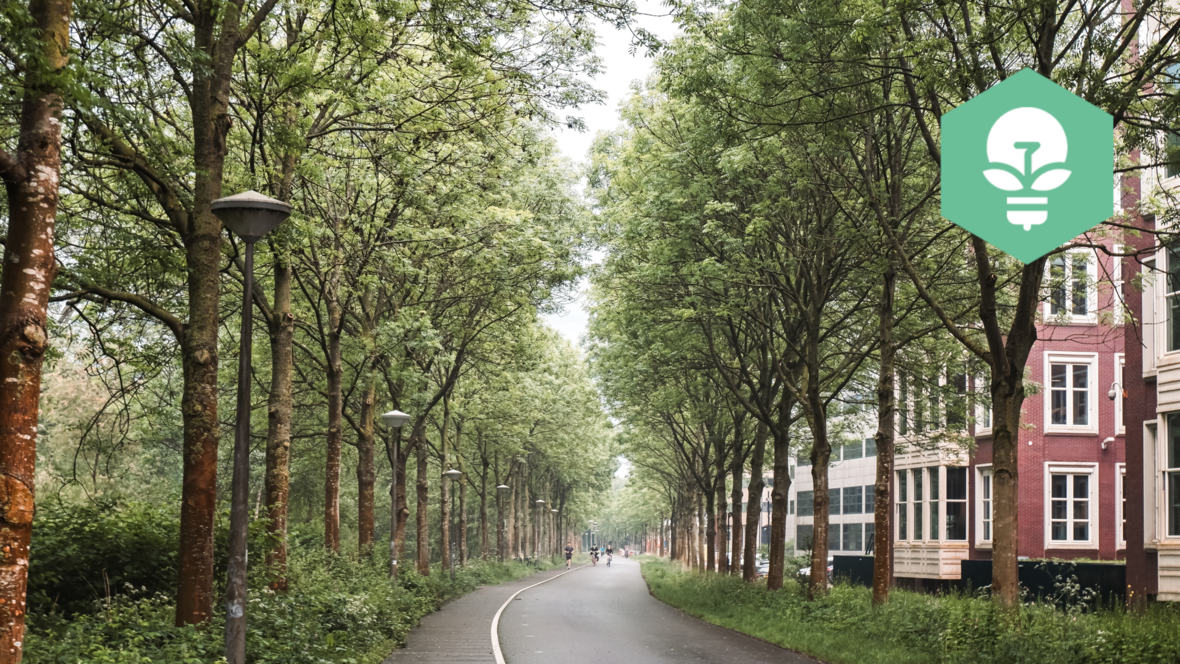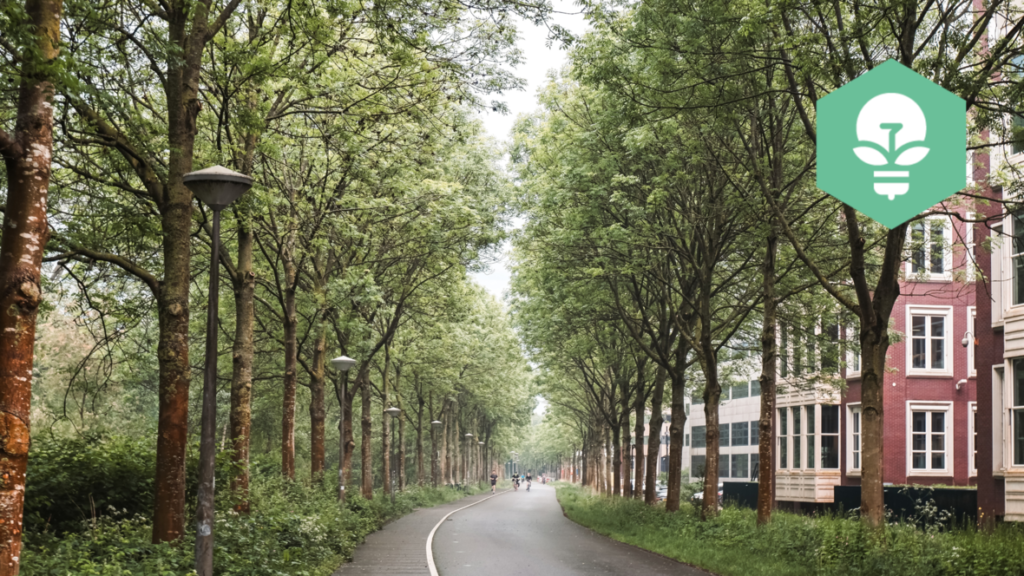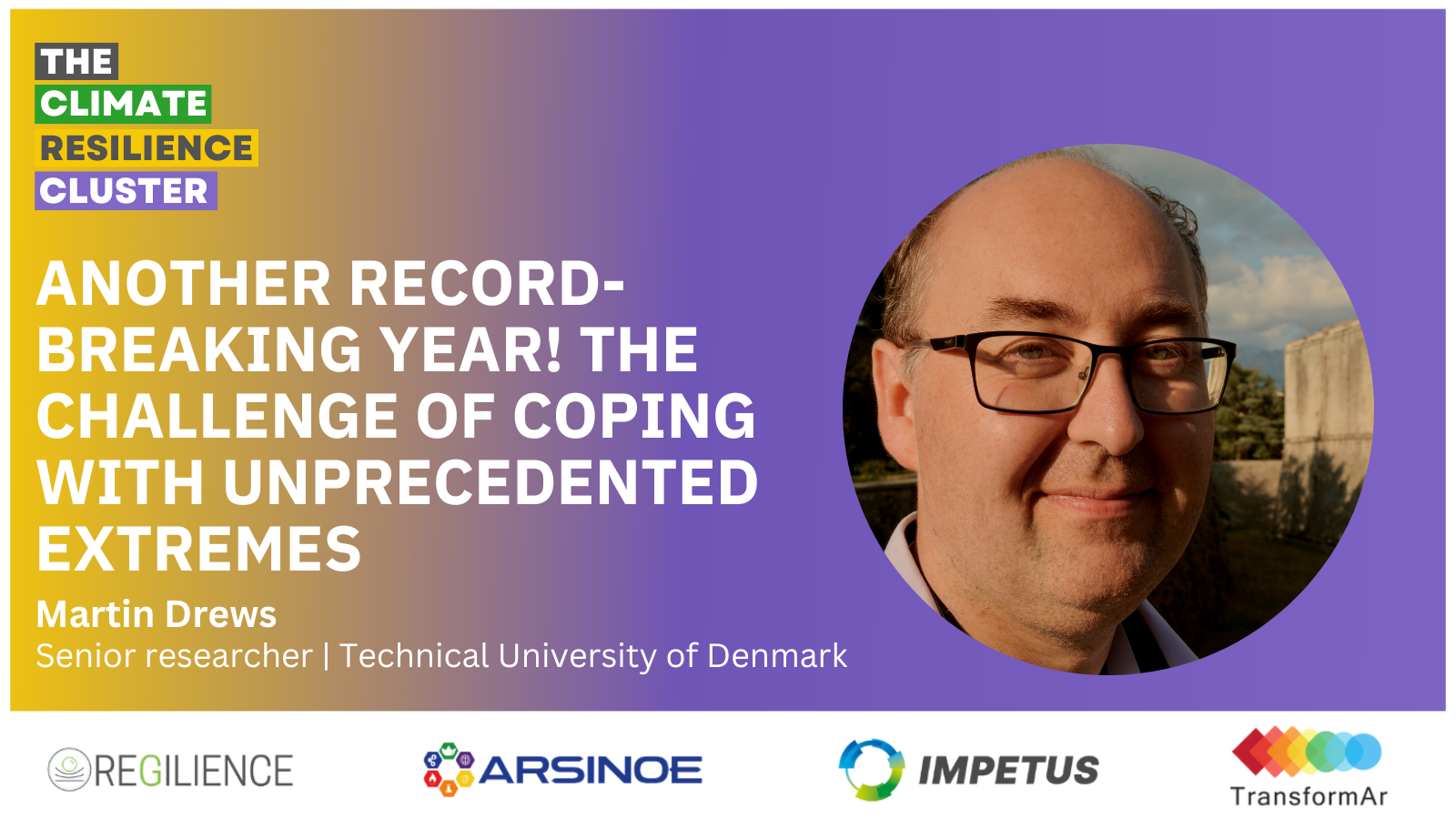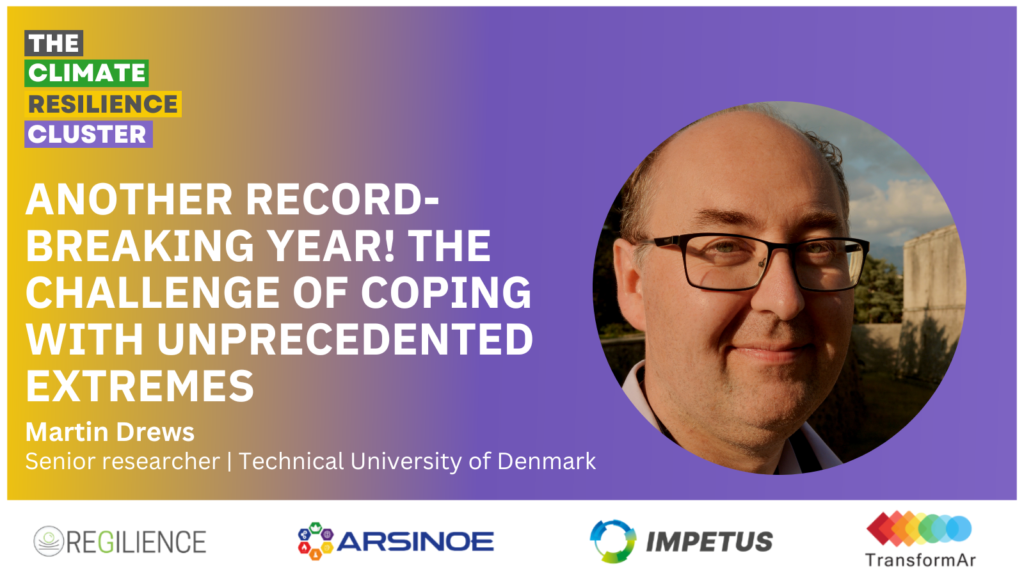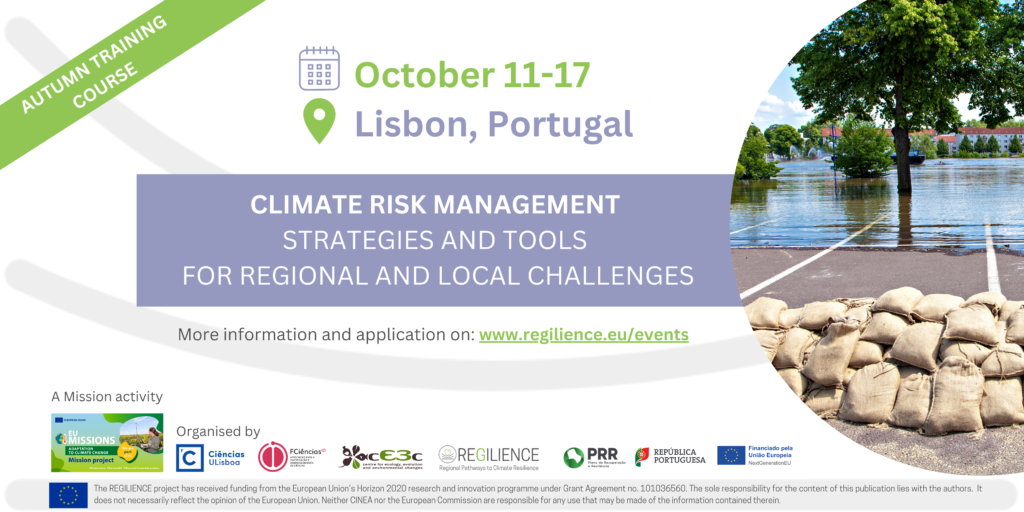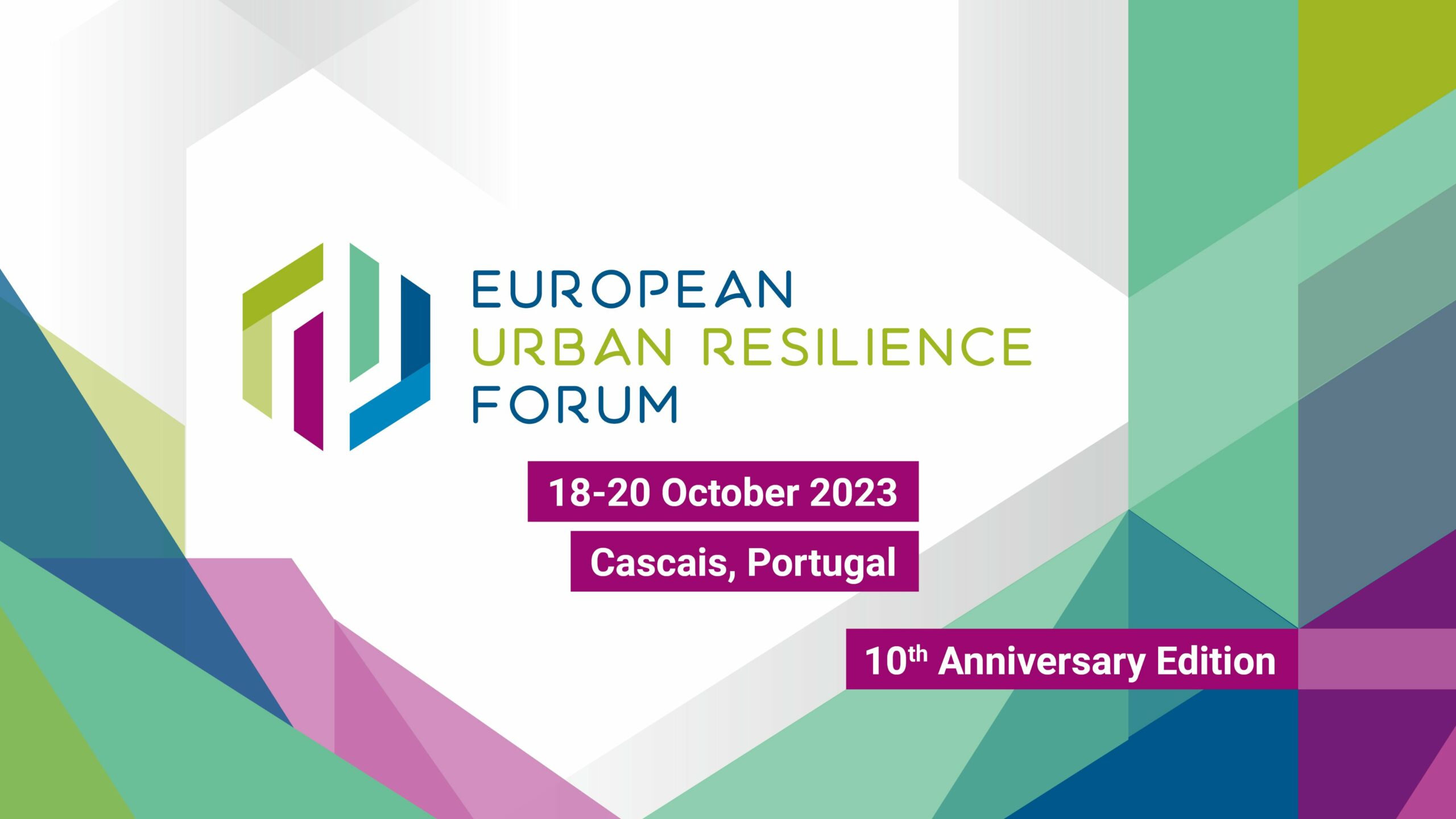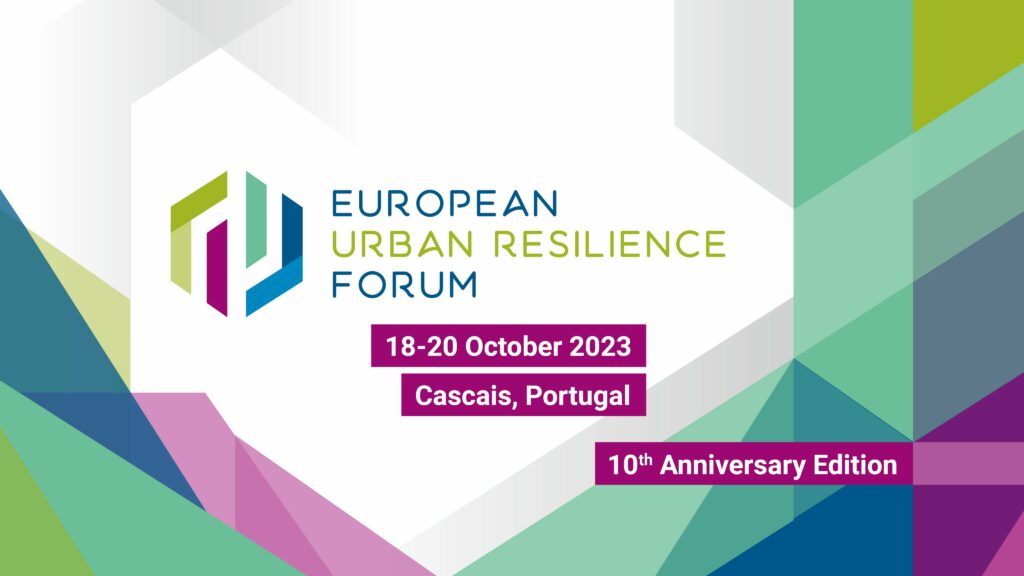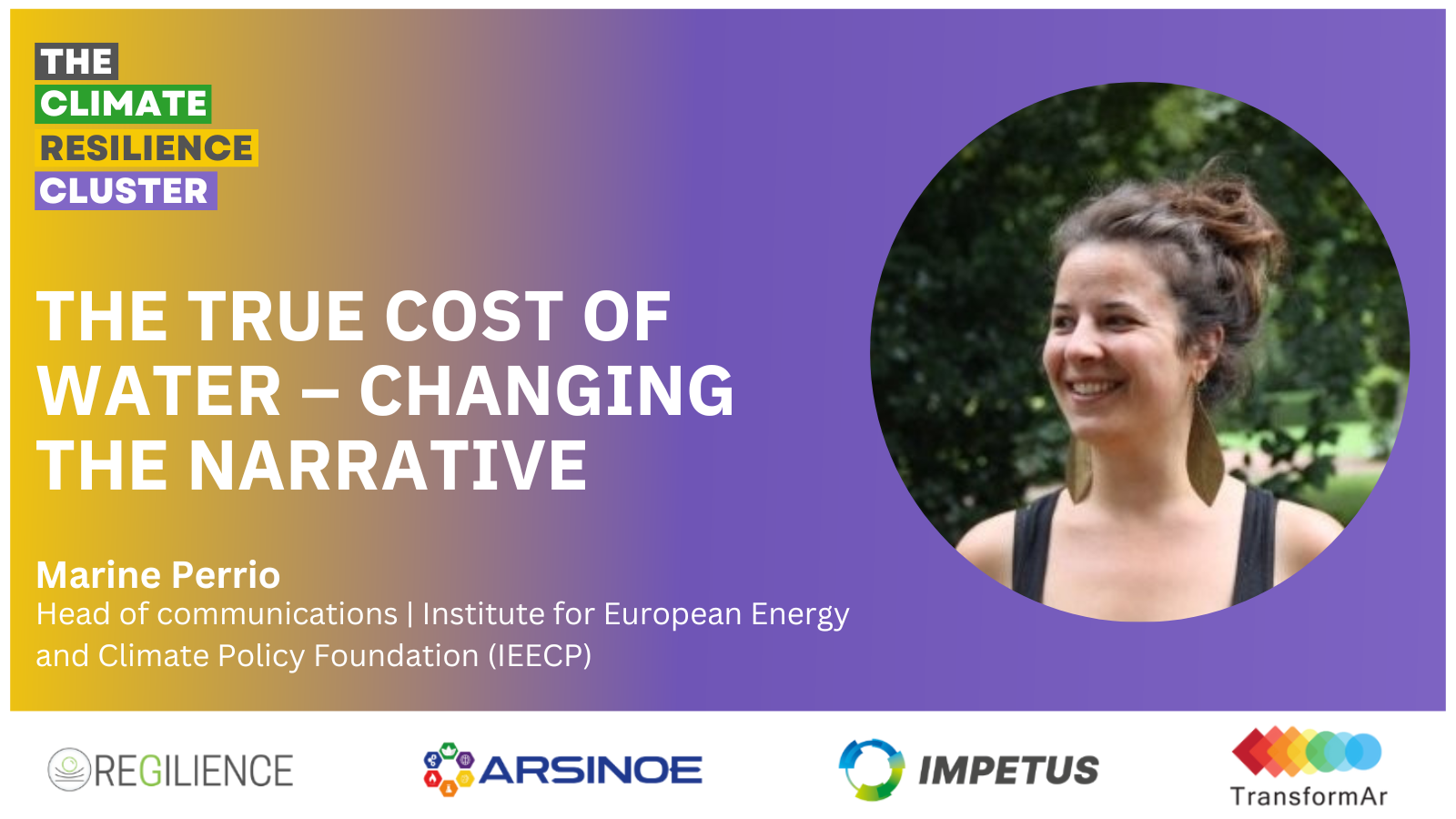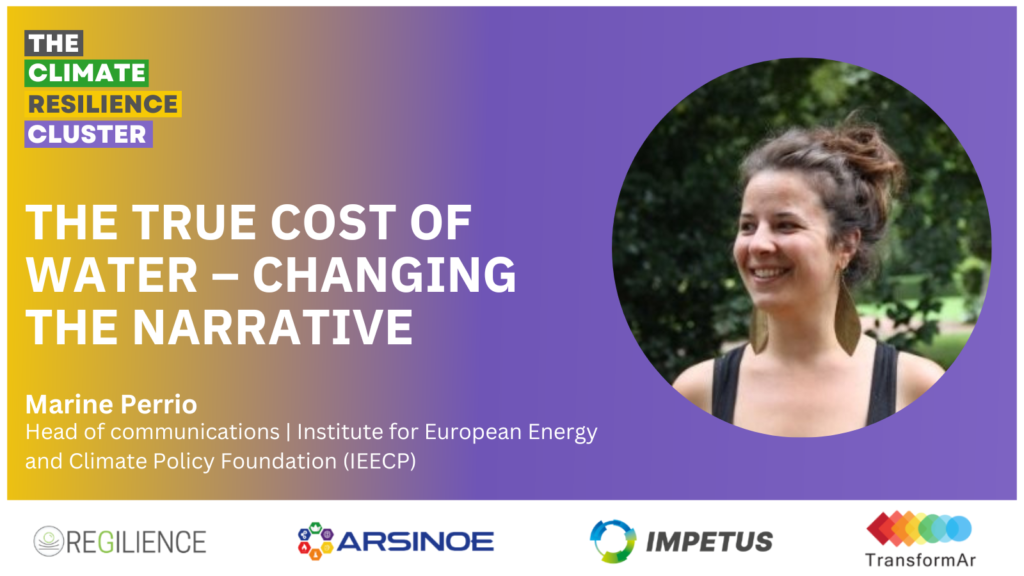
Citizen engagement is a relatively modern and not yet fully explored concept. How citizens engage with research varies based on their understanding of knowledge and knowledge production processes (Huttunen, et al, 2022). This implies that there are no definitive right or wrong ways of citizen engagement, only approaches that are more suitable than others (Mielke, J., 2016).
Although pinpointing the exact origins of “citizen engagement” is challenging due to its historical multifaceted use, its contemporary popularity emerged in recent decades. It describes active citizen participation in democratic processes and decision-making. An early contemporary reference to this term can be found in a 1995 report by the US National Performance Review, defining citizen engagement as “the active involvement of people in the design and delivery of public services” (National Performance Review, 1995, p. 14). Since then, it has gained wide usage in academia, policy discourse, and literature to encompass various activities involving citizens in governance and decision-making processes.
Typically, engagement is loosely tied to transitional approaches. A literature review by Huttunen et al. (2022) on citizen engagement in sustainability transitions research identifies four primary forms of engagement: a) envisioning sustainable futures, b) implementing local transitions, c) understanding public perceptions, and d) developing participatory methods to facilitate transitions. These approaches aim to learn and derive knowledge through active citizen involvement.
In essence, citizen engagement occurs when individuals and groups actively participate in governing, decision-making, and implementation processes within their communities, cities, regions, or countries. This active involvement enables citizens to shape their societies by expressing their opinions and contributing to community development and enhancement. Citizens engage through diverse avenues such as community meetings, civic organizations, voting, contacting authorities, or leveraging social media for causes. It is vital as it provides a platform for citizens to voice their concerns, fostering transparency, accountability, good governance, and instilling a sense of ownership and responsibility for their communities. Additionally, it encourages collaboration among citizens to collectively address challenges and achieve shared objectives.
However, this realm remains underexplored. There is a pressing need to diversify forms of citizen engagement, extending beyond local processes, especially concerning national transition strategy development, and to contemplate citizen participation capacities among experts. Moreover, a more explicit consideration of power dynamics in research participation within sustainability transition research is essential, focusing on citizen empowerment and evaluating the benefits of participant engagement processes.
Engaging stakeholders in the process of adaptation to climate change presents a multifaceted challenge, mainly when involving citizens. Aiding the identification and implementation of effective solutions requires their active involvement and mobilization, each with their specific values, beliefs, and perspectives.
For example, MIP4Adapt (Mission Implementation Platform) has created a “do-it-yourself” (DiY) guide to assist regional and local authorities in determining suitable participatory activities, tools, and methods for each stage of the Regional Adaptation Support Tool (RAST) cycle. This initiative aims to foster a shared comprehension and collective ownership of climate adaptation strategies and actions, critical for their successful and lasting execution. This document also outlines a comprehensive set of tools and approaches crucial for effective climate change engagement and action. Starting with Stakeholder Analysis, it emphasizes understanding the diverse range of stakeholders involved in climate initiatives. Communication strategies are highlighted as pivotal in effectively conveying climate change messages. Information Awareness Campaigns are recognized for their role in educating and mobilizing communities. Further, Climate Advocacy Strategy underscores the importance of targeted advocacy efforts. Citizen Surveys, Climate Citizens’ Assembly, and Green Participatory Budget underscore citizen involvement and democratic decision-making in climate-related matters.
The Communities of Practice emphasize shared learning and collaboration, while Incentives (EPIs) are acknowledged for encouraging sustainable actions. Finally, Citizen Science is highlighted as a means to engage citizens in scientific contributions for climate understanding and solutions.
References:
Huttunen, S., Ojanen, M., Ott, A., Saarikoski, H. (2022). What about citizens? A literature review of citizen engagement in sustainability transitions research. https://doi.org/10.1016/j.erss.2022.102714
Mielke, J., Vermaßen, H., Ellenbeck, S., Fernandez Milan, B., & Jaeger, C. (2016). Stakeholder involvement in sustainability science—A critical view. Energy Research & Social Science, 17, 71-81. https://doi.org/10.1016/j.erss.2016.04.001
National Performance Review. (1995). From red tape to results: Creating a government that works better and costs less. U.S. Government Printing Office.

